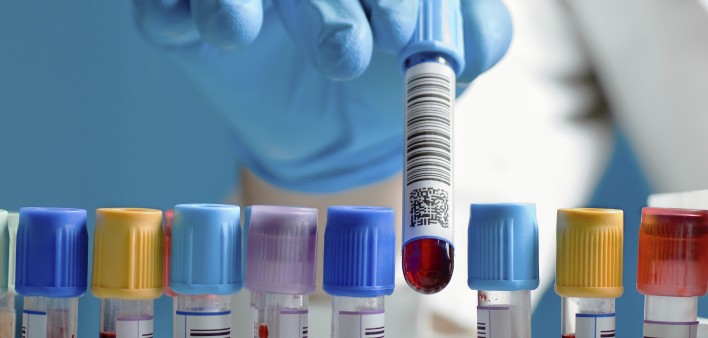Scientists have found a broadly neutralizing antibody against HIV that neutralizes 98 percent of the types of virus they tested it against, including 16 of 20 that were resistant to similar antibodies. The antibody, known as N6, could be developed as part of a vaccine, as pre-exposure prophylaxis (PrEP) and as treatment for the virus.
This hopeful news comes on the heels of a disappointing showing by the antibody VRC01 in its ability to delay the rebound of HIV after study participants stopped taking their antiretrovirals (ARVs).
Publishing their findings in the journal Cell, researchers isolated N6 from a single person living with HIV. They studied how the antibody evolved over time to help determine how it developed such potency against almost the full breadth of viral strains.
Both N6 and VRC01 block HIV from infecting cells by binding to the portion of the virus’s exterior that binds to CD4 immune cells. But in contrast to VRC01, N6 favors targeting the parts of the virus’s shell that are less likely to change as HIV mutates. As a result, N6 is more likely to stay effective against HIV as the virus evolves over time.
These and other findings suggest that N6, compared with VRC01, may be a superior weapon against HIV in various ways. It may be stronger, and more durable; additionally, researchers may be able to deliver it through an injection into the fat just below the skin (subcutaneously) as opposed to into a vein (intravenously).
To read a press release about the study, click here.
To read the study abstract, click here.







2 Comments
2 Comments